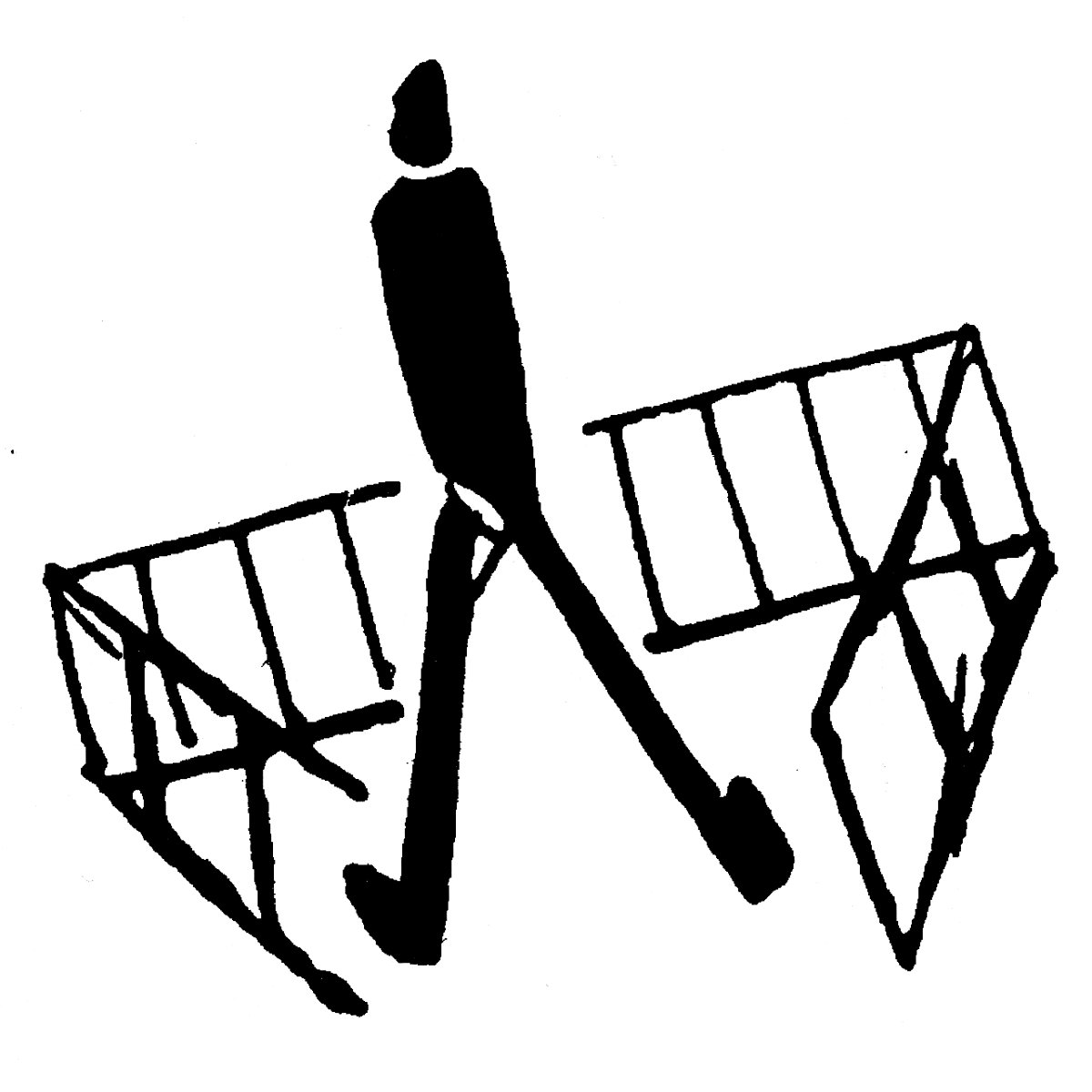Why, quite well, thank you very much.
For those who missed the post about the crazy plan, here it is.
So far, we are advancing steadily, if not quickly, through Don Quixote. Some of us (hi Tina!) have had to deal with the library being unhelpful, delaying their own start, but we are now puttering along.
So, a few thoughts on how it is working for us, and why YOU should totally join in:
Nonetheless, one should also bear in mind the following:
For those who missed the post about the crazy plan, here it is.
So far, we are advancing steadily, if not quickly, through Don Quixote. Some of us (hi Tina!) have had to deal with the library being unhelpful, delaying their own start, but we are now puttering along.
So, a few thoughts on how it is working for us, and why YOU should totally join in:
1: Rivalry and competition are excellent motivators
In the book, Susan Wise-Bauer encourages you to commit to 30 minutes of reading, 4 times a week. Now, this kind of hard-and-fast rule is not necessarily very helpful if you have small children, because, well, your time is not really your own to organise. As I am writing this, Patapon is point-blank refusing to nap, for example, so I have to interrupt myself fairly regularly. That does not affect writing too much, but it does affect reading. So I have decided not to worry too much about the exact time and periods I spend reading, nor have I actually needed to, because, competition.
You see, I am reading along with my husband, but we are not reading at the same times of day (funnily enough, our timetables are quite different). So by the end of the day, we tell each other which chapter we got to, and the one lagging behind will try his/her best to catch up and overtake the next day, because, well, we are competitive nerds.
So far, this has been the best motivator to make sure I do keep at it (I want to win). We may be slow, but we are still going!
(Anyone following along, I am now on chapter 31 and Simon is on chapter 36. I fully intend to be winning by the end of the day [he forgot to take his book to the hospital mwahahahaha], though, unless you decide to try and beat me!)
2: The summary at the end of chapters is a touch of genius
We have really loved the little chapter-summaries so far. Knowing that you will have to condense the action into a couple of sentences at the end of the chapter keeps you focused on the plot line, but it also ensures we carry on paying attention throughout.
(I should add, that I am normally a big advocate of skipping passages, especially if we are talking about the land-reform analyses in Anna Karenina or the digressions on sewage in Les Misérables. However, the exercise here is one where we want to study and not simply read the classics, so keeping the focus is necessary!)
3: Don Quixote is pretty awesome, turns out
The best thing to have found out so far, however, is that Don Quixote is actually a classic for very good reasons. It is very funny and clever. We are not sure where Cervantes is going with this as of yet, but we are enjoying the ride.
For example, there is a fair amount of play with the conventions of the novel which are both hilarious and cleverly done, which confirms me in my anti-modernist view of literature. Not only were the modernists puffed-up prose-ists (it's a word, even if the computer disagrees), but they were not even as original as they thought.
Ha!
Well done Cervantes. You carry on.
Nonetheless, one should also bear in mind the following:
1: A poorly child will throw your record out of wack
I like to tell myself this is the only reason Simon is winning for now, but Patapon is on the mend, so I fully intend to take the lead again, which is another argument for:
2: see above point about competition keeping us going.
I am not giving up! I will finish DQ, and I WILL finish it ahead of Simon.
So here you go. That's the state of affairs for now. If you are joining in, do let me know, so you can have a share in the friendly competition, and keep us all motivated!



_-_Ad_1.jpg)




![See page for author [CC BY 2.5 (http://creativecommons.org/licenses/by/2.5)], via Wikimedia Commons](https://upload.wikimedia.org/wikipedia/commons/5/51/Emperor_Hadrian_Louvre_Ma3131_n2.jpg)



